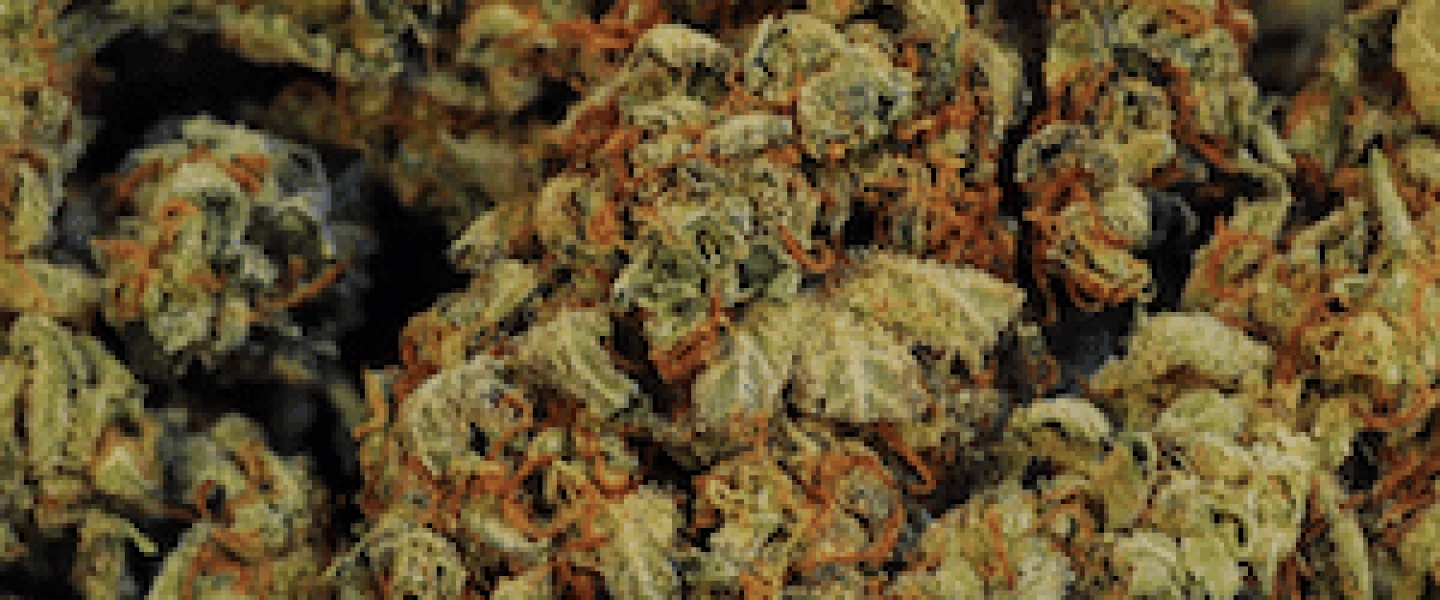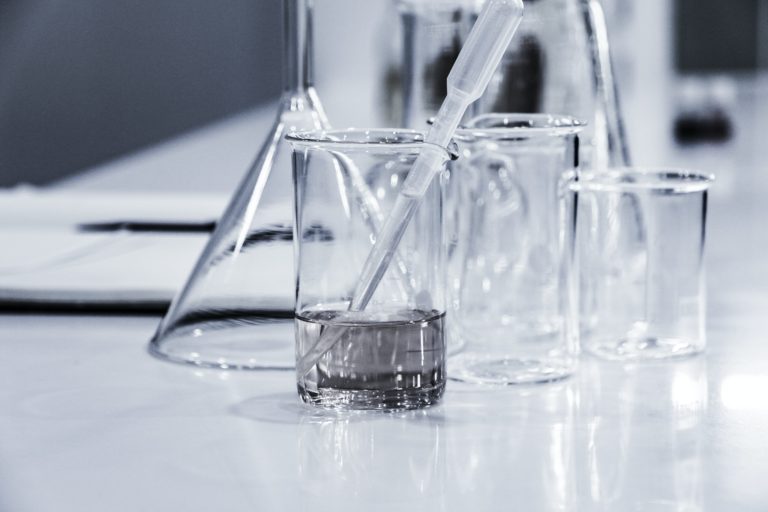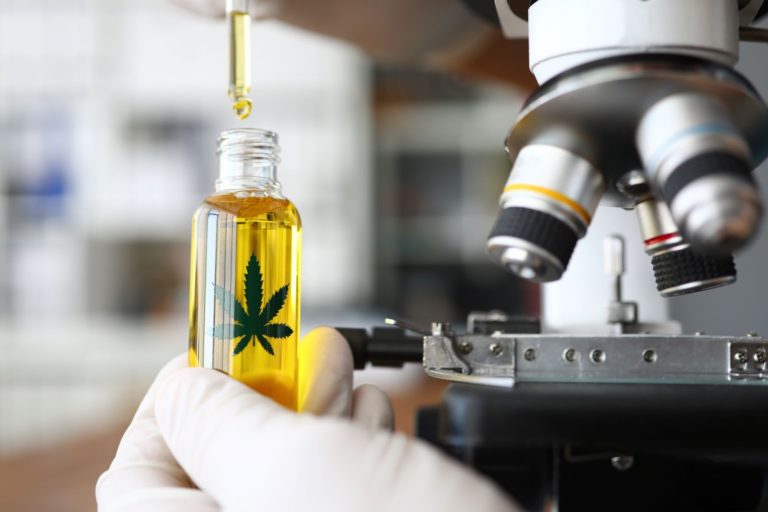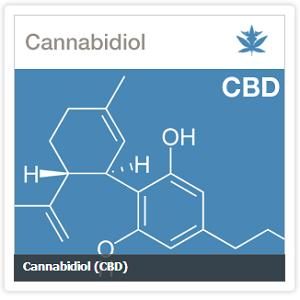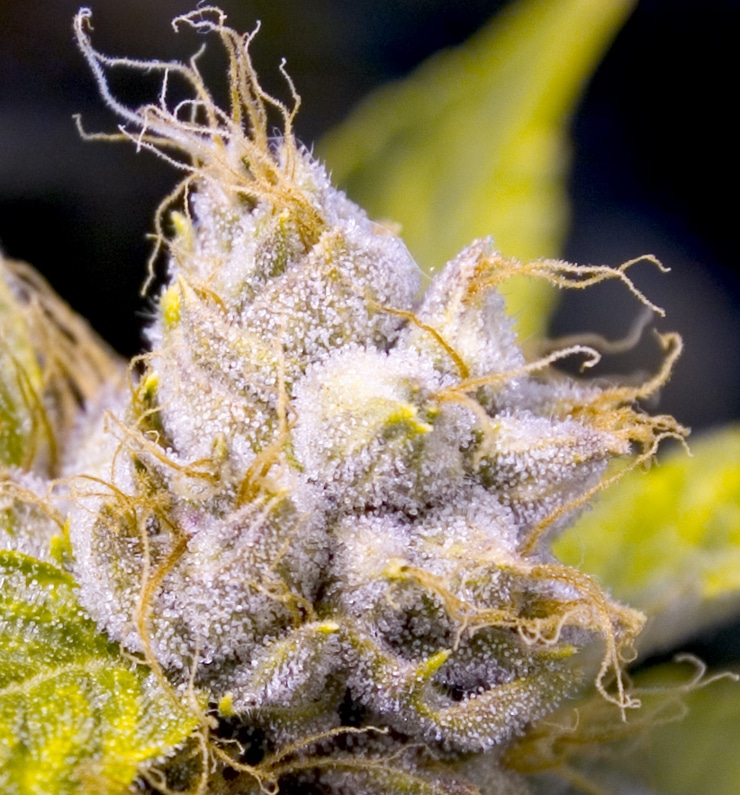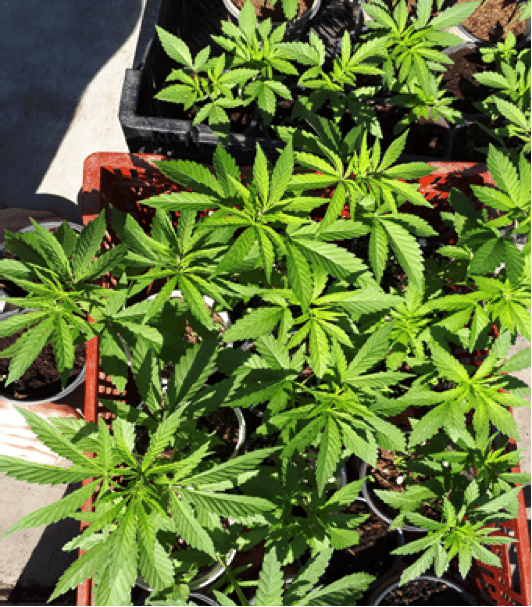Opiate related deaths have decreased by twenty-five percent in states with operational medicinal cannabis programs. No one has ever died as a direct result from cannabis use but that doesn’t mean that all cannabis is always 100% safe. Cannabis products span several markets, including agricultural/environmental, food safety (especially edibles and beverages) and medicine. Without proper quality control testing, dangerous pesticides, heavy metals, residual solvents, microorganisms, aflatoxins, etc. could be found in a “lab tested” medicinal cannabis product. Without nationally accepted regulations and standards this problem is further exacerbated. The solution is as simple as state commissions saying, use this analytical instrument and use it this way to get results.
Currently some states do not require quality control testing at all. The ones that do are only required to test for things like potency and contaminants, but there are no methods and standards for this testing. Growers and dispensaries may select the laboratory that consistently gives them the highest THC reported values, as products with greater THC levels are considered premium products. Consumers and patients may be paying a premium for high THC products, when in reality these cannabis products may contain much less THC than reported by the lab. Also, when growers breed high THC level cannabis, they are likely reducing the levels of other potentially beneficial cannabinoids.
To read the full article, visit medicaljane.com


